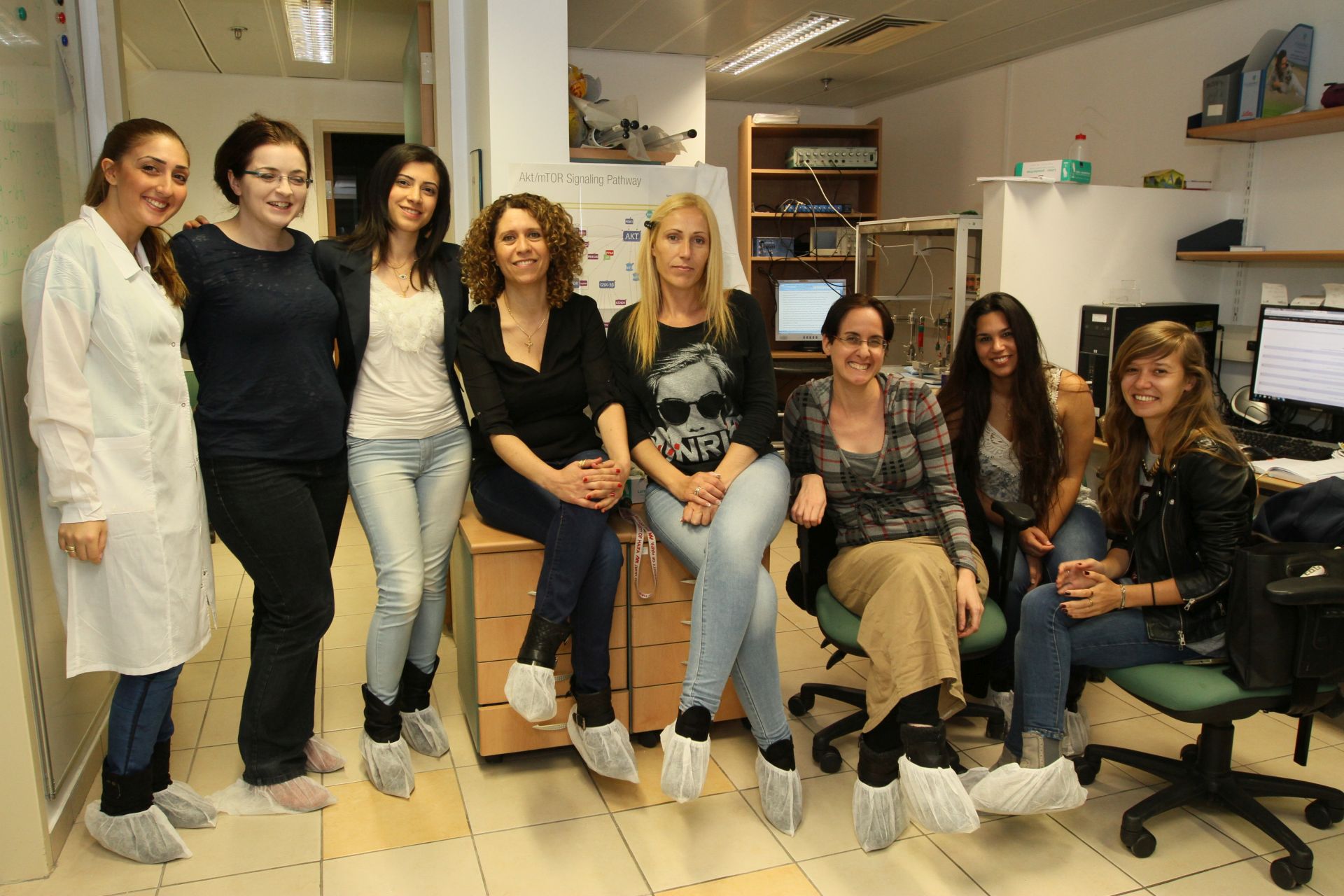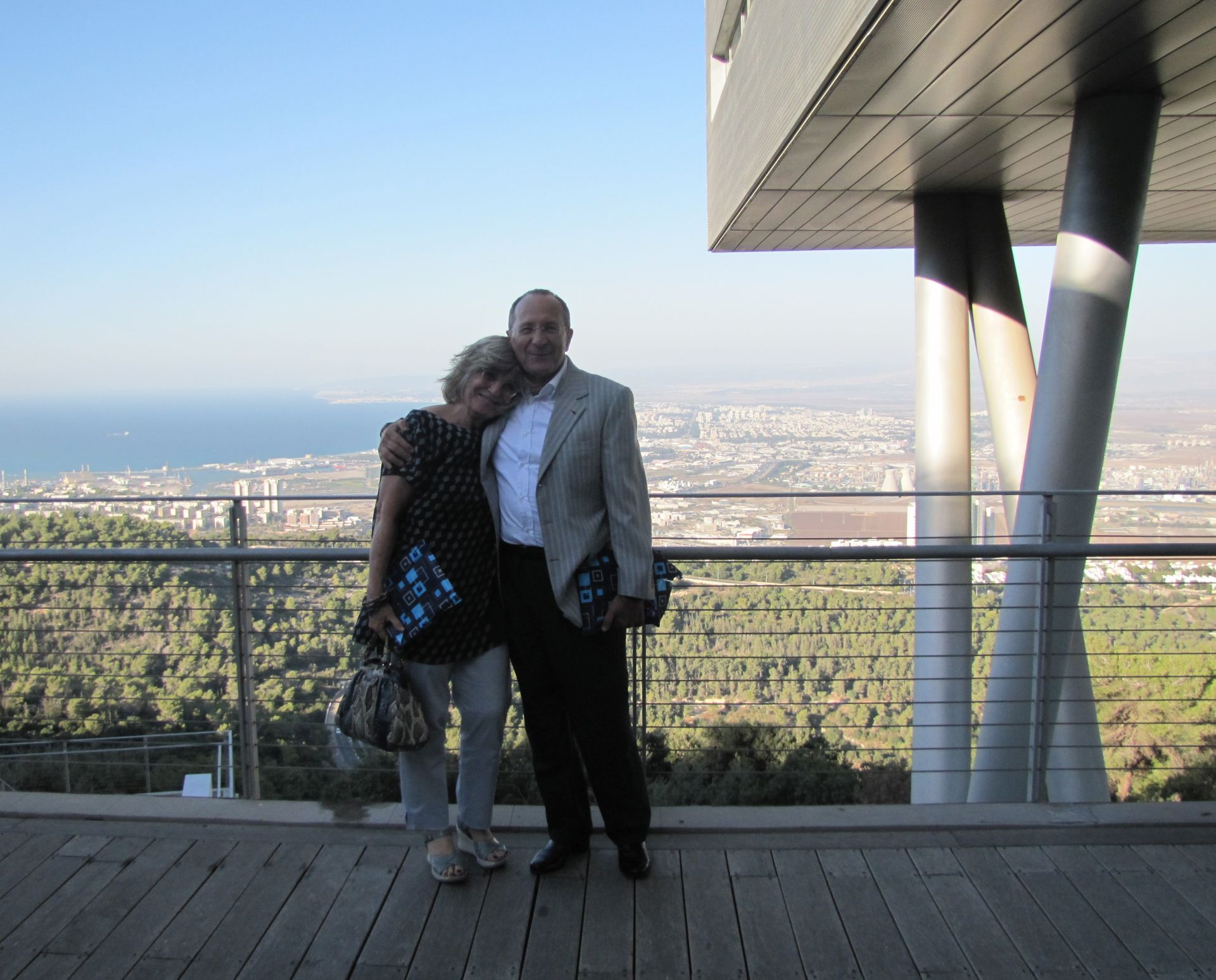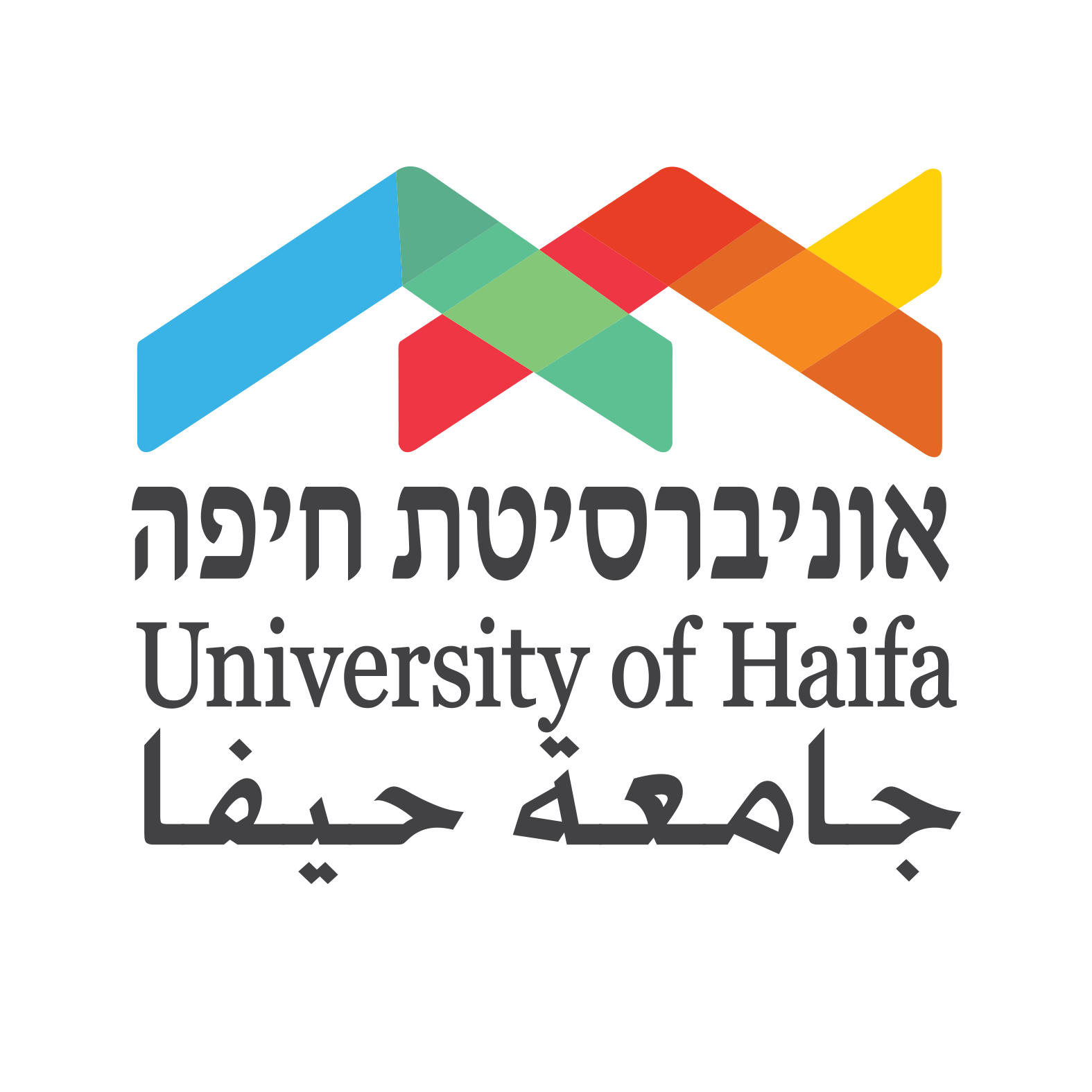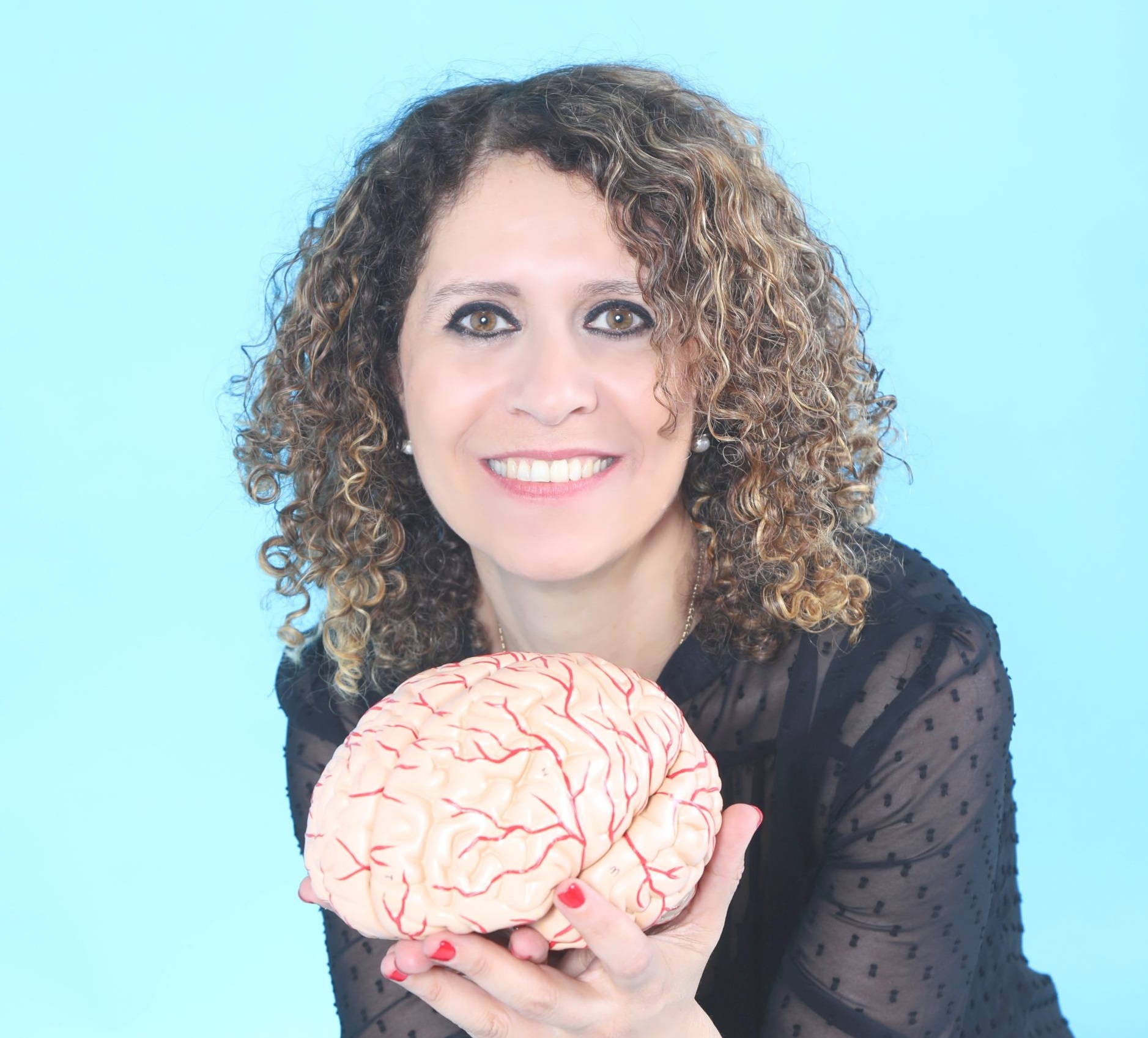"There is no glass ceiling for a girl's dream."
- Prof. Mouna Maroun, Sagol Department of Neurobiology
Credit: Olivia Kharman
BREAKING DOWN BARRIERS
IN THE NEUROSCIENCES
Prof. Mouna Maroun of the Sagol Department of Neurobiology can stake a claim to a lot of ‘firsts’ – she is a first generation university graduate, the first woman from her hometown of Isfiya to earn a PhD, and is the first Arab woman in Israel to hold a senior faculty position in neuroscience as a University Department Head. She was recently featured in TheMarker, an Israeli business newspaper, as one of the top 20 female scientists in the country changing the face of medicine.
“As an Arab woman, my belief is that the revolution towards gender and ethnic equality starts top-down at academic institutions,” shares Prof. Maroun. “Recruiting outstanding women as faculty members– Jewish, Arab, Ethiopian and Haredi – especially in sciences and STEM (Science, Technology, Engineering and Mathematics) subjects is one of the first steps to ensure the representation of women in higher education and to convey a clear message to the younger generation that there is no glass ceiling for girls.”
Prof. Maroun’s pioneering research that explores stress and fear responses in lab animals has led to a breakthrough in the way mental health professionals treat trauma patients. Her findings, illuminating the special needs of child trauma victims, have spearheaded the development of new treatments that focus exclusively on children and adolescents.
“When I was younger, I dreamed of becoming a medical doctor and making a difference in people’s lives,” recalls Maroun. “Looking back, I believe that my experiences as a minority – coming from a religious Maronite Christian family – coupled with being a young female faculty member helped shape my outlook and my career. Having to overcome social and cultural barriers inspired me to pursue unconventional research paths. My research is dedicated to exploring how our behavior is affected by brain activities and the underlying neural mechanisms influencing phobias, such as post-traumatic stress.”
Prof. Maroun is the former Head of the Sagol Department of Neurobiology, and serves as a member of the Planning and Budgeting Committee (PBC) of Israel’s Council for Higher Education and as Chair of the Steering Committee for Accessing the Arab Population to Higher Education. She is also a member of the Al-Maram Association promoting science education in Arab schools, led by distinguished Arab-Israeli scholars, including Technion Prof. Hossam Haick, a University of Haifa Honorary Doctorate recipient (2017), for his pioneering work on nanotechnology and disease diagnosis.
“The University of Haifa is my academic home,” states Maroun. “It is here that I received my undergraduate and graduate degrees and here that I landed my first academic position. I am so grateful for the support I received along the way, especially from Prof. Gal Richter-Levin, founder and head of the Haifa Forum for Brain and Behavior, and The Integrated Brain and Behavior Research Laboratory, who was my academic advisor, and is an esteemed colleague and dear friend. The University opened many doors for me. Here I was given an equal opportunity to reach my potential, and even surpassed my dreams.”
Maroun, who is seen as a role model by young women across the country and especially by Arab students of both genders, works hard to expand professional opportunities of neuroscience scholars from underrepresented minority groups. At the University of Haifa, she played a pivotal role in the establishment of the new Rothschild-Caesarea Doctoral Fellowship of Excellence Program for PhD Students in Neurobiology, offering nine merit-based scholarships to deserving students. One of her students, Aseel Yaseen, was awarded the Dean’s Prize for Outstanding PhD Dissertation for her novel research on the negative effects of a high fat diet on cognitive, emotional and memory functioning of a juvenile brain. The paper was published in the multidisciplinary journal Cerebral Cortex.
“The University is a wonderful example of true co-existence. As an Arab in Israel I believe that science can bridge people together through the passion for knowledge. Science gives equal opportunities regardless of political opinions and conflicts.”

For more information about supporting
University of Haifa scholars, please contact
the This email address is being protected from spambots. You need JavaScript enabled to view it.External
Relations and Resource Development.
Prof. Maroun, Head of the Neurobiology of Emotions Laboratory, with
members of her research team. The lab focuses on identifying dev-
elopmental differences in the mechanisms of fear and extinction
in animal models.

The Sagol Department of Neurobiology was established with the generosity of longstanding friends of the University Tova and Dr. Sami Sagol (left), who are great patrons of science and academic development at Israel’s leading universities and institutes. Dr. Sagol is a recipient of an HonoraryDoctorate (2011) from the University of Haifa for his great contribution to furthering Israeli industry and to the study of neuroscience at the University. The Sagols also supported the establishment of The Emili Sagol Creative Arts Therapies Research Center (CATRC) and the Sagol Research and Therapy Laboratory for Children at Risk.


